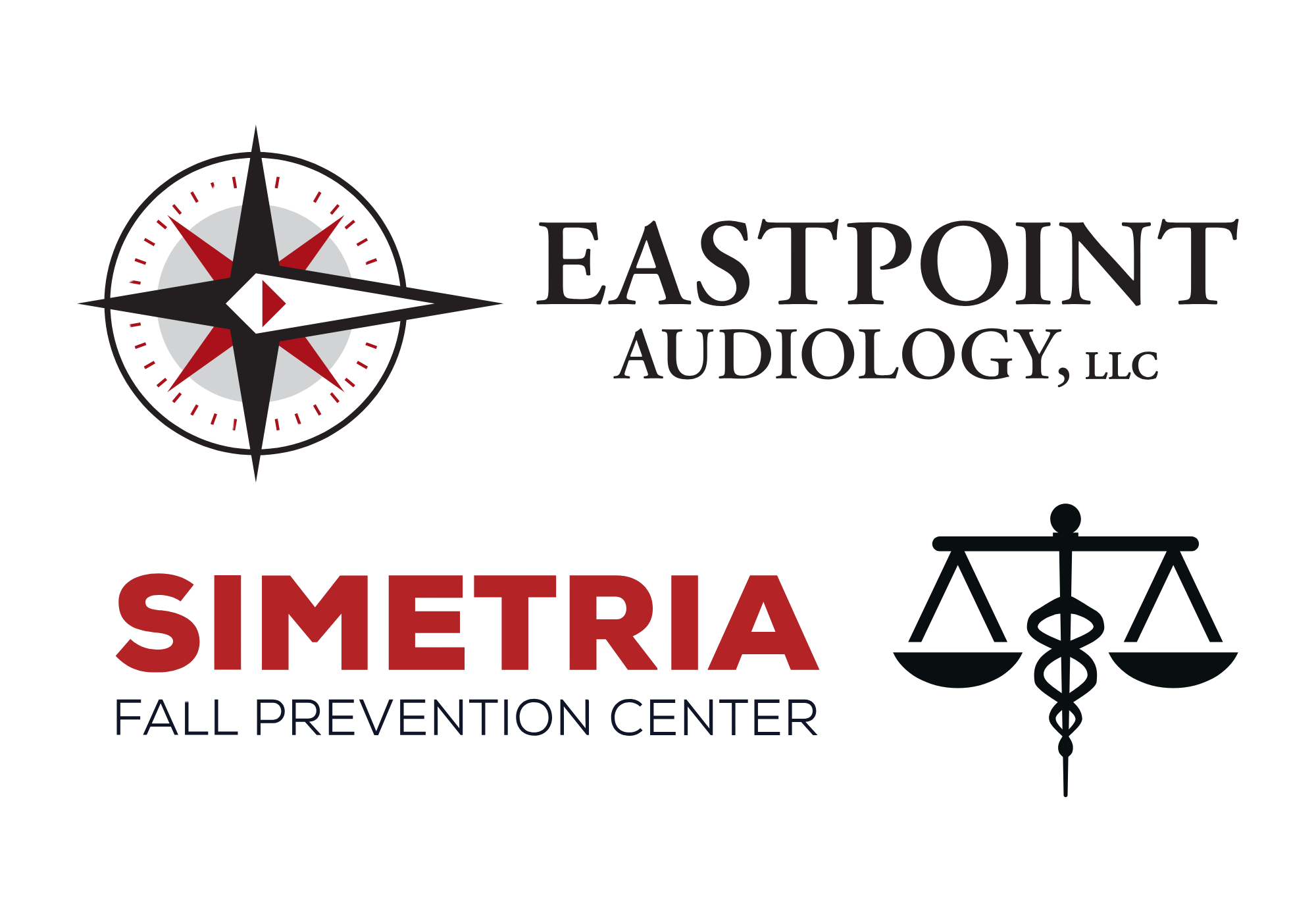Offering better communication and an improved quality of life, hearing aids are usually life-altering. Headaches can happen for some wearers during the first period of using hearing aids. Luckily, these headaches are generally fleeting and straightforward to manage with the right adjustments and care, even if they are frustrating at first. Read why these headaches happen and what steps you can take to prevent or treat them!
Why hearing aids can cause headaches
- When the Fit is Wrong:
If your hearing aid isn’t fitted correctly, it can put pressure on delicate parts of the ear, leading to discomfort and headaches. If headaches are occurring with your new hearing aid, the likely cause is an improperly fitted device. - Sound Overload:
Allow your brain time to adapt to the new sound input. At first, hearing things you previously couldn’t– like background noise– can feel overwhelming and trigger headaches. The good news is that this reaction is typically temporary and should correct itself soon. - Volume Set Too Loud:
Setting the volume too loud can lead to auditory fatigue from the high-volume input, thereby triggering headaches. Start with a lower volume and slowly raise it as you acclimate to your new normal. - High-Pitched Sounds:
When your hearing aids produce feedback or a high-pitched whistle, it can cause irritation in the ears and trigger tension headaches. Make sure to talk to your hearing specialist if your device emits any sound that leads to agitation. - Adjustment Period:
It is important to remember that Your brain requires a period of time to adjust to your hearing aid. As the brain recalibrates how to process sounds during this period, some people might experience minor discomfort, such as headaches.
Tips to manage and avoid headaches
- Get a Correct Fitting: Make sure your hearing aids are expertly fitted to eliminate pressure points in your ear canal.
- Volume Adjustment is Key: Start at a comfortable setting and incrementally increase the volume to avoid overwhelming your hearing system.
- Activate Noise Filters: Background noise reduction capabilities are common in modern hearing aids. If your device is without this, speak with your audiologist about modifying the settings or upgrading the device.
- Take Breaks: During the adjustment period, allow your ears and brain some respite throughout the day to avoid sensory exhaustion.
- Maintain Regular Contact: Keep in touch with your audiologist for fine-tuning, especially if you feel discomfort from your device.
When to see a audiologist for your headaches
It’s time to see a hearing specialist if the headaches persist after the initial adjustment or if they come with other symptoms, for example nausea, ear pain, or dizziness.
Headaches that persist could suggest an underlying issue, for instance a hearing aid malfunction or an ear infection, or simply that your device settings are incorrect.
How the correct hearing aid can enhance your life
With professional assistance, headaches from hearing aids are generally temporary and simple to fix, despite being annoying. Without leading to discomfort, the correct hearing aid, customized to your needs, can substantially boost your quality of life. If you experience any issues, reach out to your audiologist– your comfort and hearing health are important! At the end of the day, if your hearing aid is causing you pain, your audiologist knows you’re prone to stop wearing it.
A Common Issue
If you’re dealing with headaches from hearing aids, don’t worry– they’re just a small hurdle to better hearing. The issue you’re experiencing is common and probably needs only a few simple adjustments to be resolved. With the right care and adjustments, you’ll be back on track, enjoying conversations, music, and the subtle sounds of life in no time!
Schedule an appointment right away if you are suffering from headaches caused by your hearing aids.

